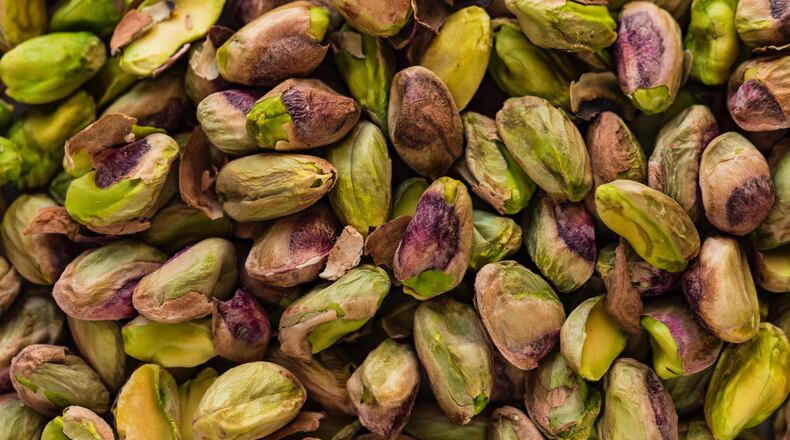Do you enjoy snacking on nuts? The food could help fight colon cancer, according to a new report.
Researchers from Yale University recently conducted a study, published in Journal of Clinical Oncology, to determine if nut intake was associated with lower risk of colon cancer recurrence and mortality.
To do so, they followed 826 patients with colon cancer for about six years after they were treated with surgery and chemotherapy. They examined the individuals’ eating habits and the progression of their illness.
After analyzing the results, they found that those who consumed at least two one-ounce servings of nuts each week had a 42 percent increase for disease-free survival and a 57 percent increase for overall survival.
>> Related: Cancer vaccine wipes out tumors in mice, human trials to come
This was especially true for tree nuts, which include almonds, walnuts, hazelnuts, cashews, and pecans. (Peanuts are in the legume family.) The disease-free survival rate increased by 46 percent for those who ate tree nuts.
"These findings are in keeping with several other observational studies that indicate that a slew of healthy behaviors — including increased physical activity, keeping a healthy weight, and lower intake of sugar and sweetened beverages — improve colon cancer outcomes," said lead author Temidayo Fadelu said in a statement. "The results highlight the importance of emphasizing dietary and lifestyle factors in colon cancer survivorship."
They noted that nuts may also help reduce insulin resistance for those with type 2 diabetes and other related diseases and stressed the importance of good lifestyle choices. Regular exercise and healthy eating can improve disease outcomes.
“These studies support the hypothesis that behaviors that make you less insulin-resistant, including eating nuts, seem to improve outcomes in colon cancer,” senior author Charles Fuchs added. “However, we don’t know yet what exactly about nuts is beneficial.”
Researchers now hope to further their investigations and explore other benefits of nuts. In the meantime, they're encouraging patients to evaluate their diets.
“We are working to apply the same rigorous science,” Fuschs said, “to the understanding of diet and lifestyles in the colon cancer patient population that we apply to defining new drugs.”





